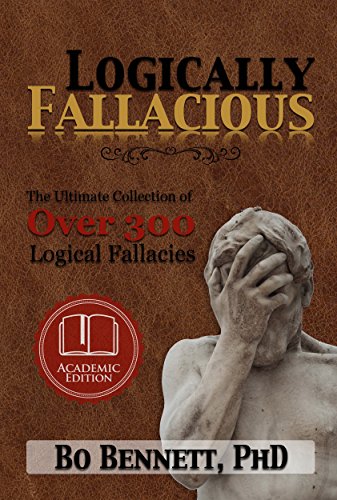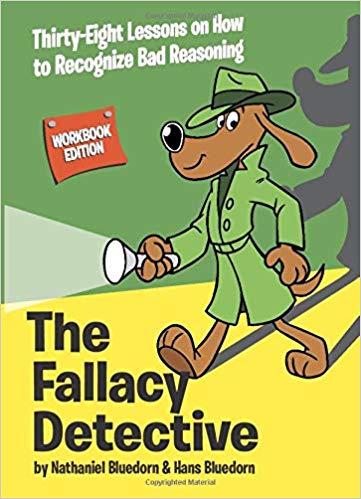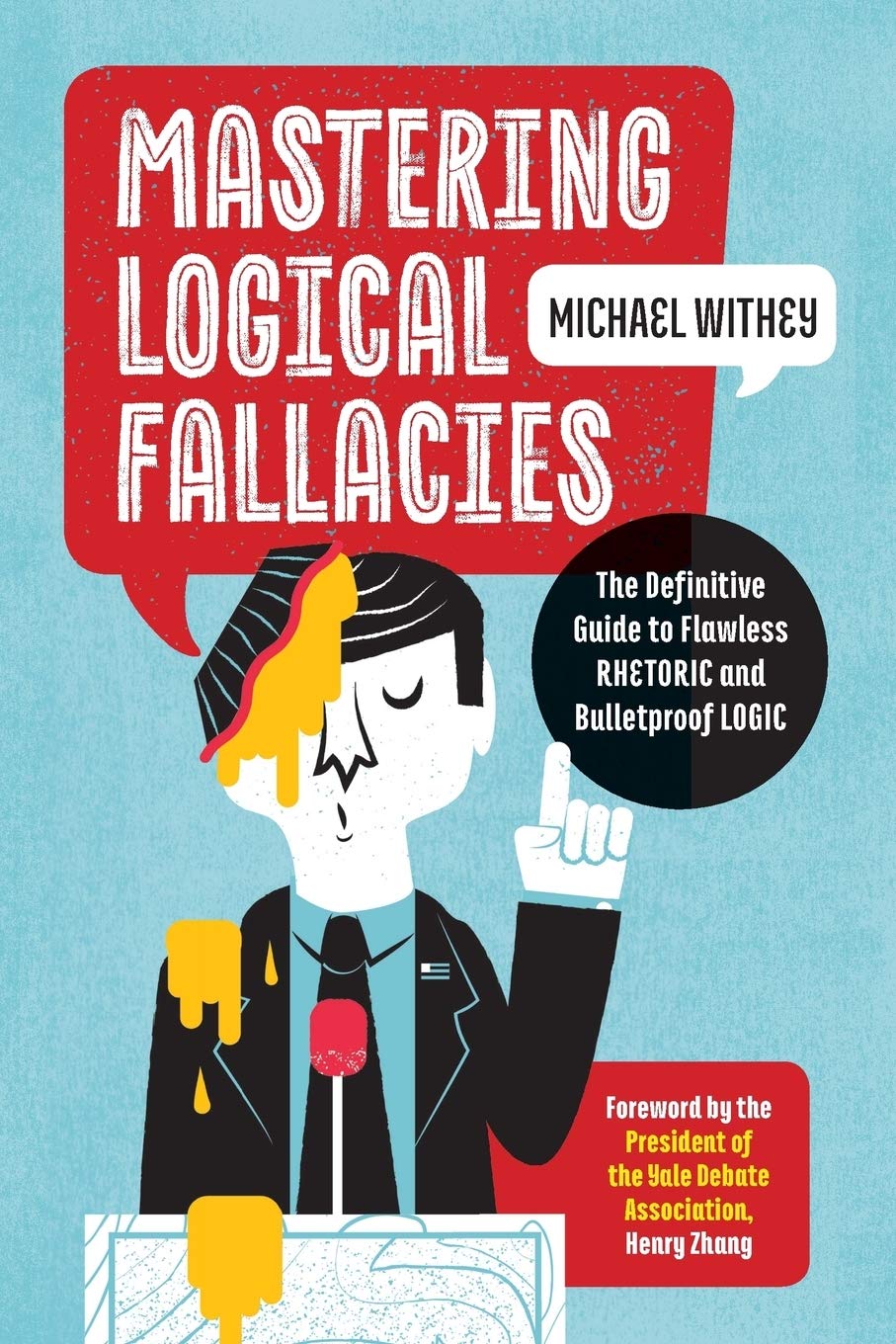
Incomplete Comparison
An incomplete comparison occurs when two things are compared that are not really related, in order to make something more appealing than it is. This also happens when conclusions are made with incomplete information.
Example of Incomplete Comparison
Carrots have much less sugar than a gallon of chocolate syrup.

Books About Logical Fallacies
A few books to help you get a real handle on logical fallacies.





Incomplete ComparisonExtended Explanation
The Incomplete Comparison fallacy is a logical fallacy that occurs when two objects are compared, but one or more important aspects of the comparison are left out. This can lead to an inaccurate or misleading comparison, as it fails to take into account all the relevant information. This fallacy can be used to make a point seem stronger or more valid than it actually is.
For example, a politician may make the argument that raising taxes on the wealthy will help reduce poverty. While this may be true, it is an incomplete comparison because it fails to take into account other factors such as the effects of raising taxes on the economy, or the potential for the wealthy to move their money elsewhere.
Incomplete Comparisons can also be used to draw false conclusions about a situation. For instance, a person might say that the reason why their team lost the game is because the other team was more skilled. While this could be true, an accurate comparison must take into account other factors such as the team’s preparation, performance, and strategy.
The Incomplete Comparison fallacy is an important logical fallacy to be aware of, as it can lead to inaccurate conclusions and false assumptions. It is important to be aware of all the relevant information when making a comparison and to consider all the possible factors that could affect the outcome. This will help ensure that any comparison is accurate and complete.